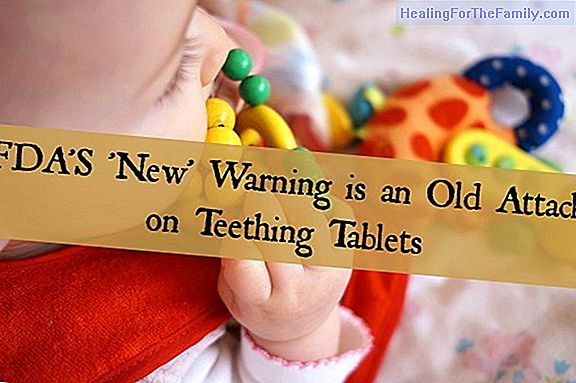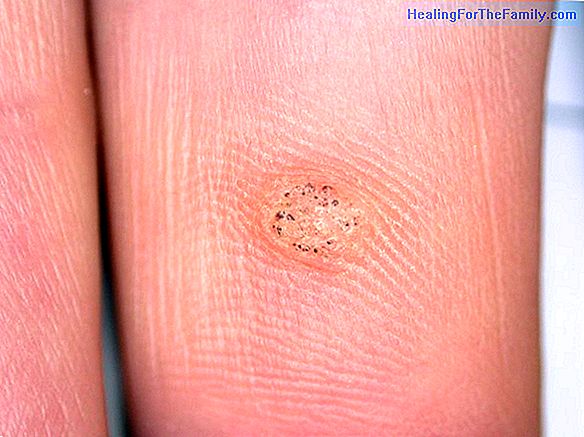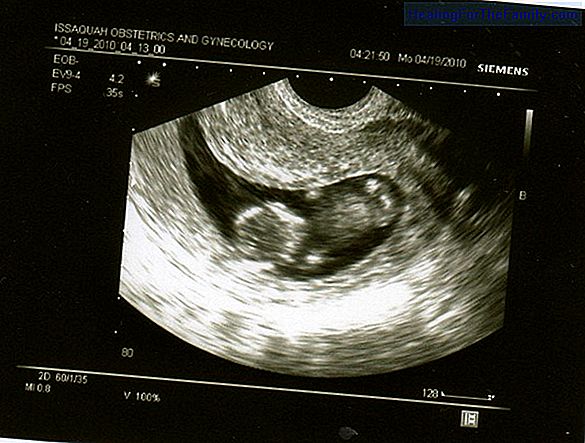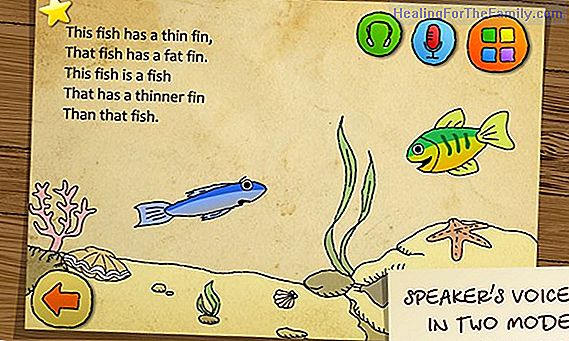Causes and solutions for children who breathe through the mouth
Oral breathing is the inappropriate habit by which the child breathes through the mouth instead of through the nose. First, it is important to know what causes this type of breathing. In Guiainfantil.com we tell you what causes the child to perform mouth breathing and what can be done. Why a child b
Oral breathing is the inappropriate habit by which the child breathes through the mouth instead of through the nose. First, it is important to know what causes this type of breathing.
In Guiainfantil.com we tell you what causes the child to perform mouth breathing and what can be done.
Why a child breathes through the mouth and not through the nose

- Adenoid and / or tonsillar hypertrophy. That is to say, what we commonly call vegetations and angina are too large, which causes the child to have difficulty breathing through the nose.
- Common nasal congestion due to frequent colds, various types of rhinitis or allergic processes.
- Deviated nasal septum or other alterations of the nasal area that imply obstruction.
- Poor oral habits such as sucking the thumb or objects, or prolonged use of the pacifier.
- Food intolerances, which can cause hypertrophy in the respiratory tract, generating an obstruction.
- Dental malocclusions. Certain bites can cause the child to spend a lot of time with his mouth open.
- The hypotonia of the muscles of the face.
Consequences for the child to perform an oral breathing
In addition, there are a series of indicators that can alert one of these causes, which are:
- Dry cough or nocturnal cough.
- Respiratory disability.
- Obstructive sleep apneas.
- Disorders in the development of the facial mass (narrow and sunken palate, elongated jaw)
- Atypical swallowing.
- Poorly implanted teeth.
- Sinusitis and otitis.
- Hearing disorders.
- Dysphonia.
- Lack of attention.
- School delay.
- Postural alterations.
What to do if the child performs an oral breath
It is important to consider what causes this pathological breathing. For this it is important to go to the pediatrician for early detection and prevention of possible subsequent disorders. In addition, the dentist and the orthodontist.
Logopedic intervention is key in this type of disorders. The speech therapist carries out two types of therapy:
- Respiratory therapy through passive and active exercises and a psychic and physical retraining therapy try to modify the breathing pattern and posture.
- Orofacial Myofunctional Therapy: corrects the orofacial muscular imbalance caused by mouth breathing, tongue and tongue position at rest and in incorrect swallowing, referring to occlusal and speech problems.












